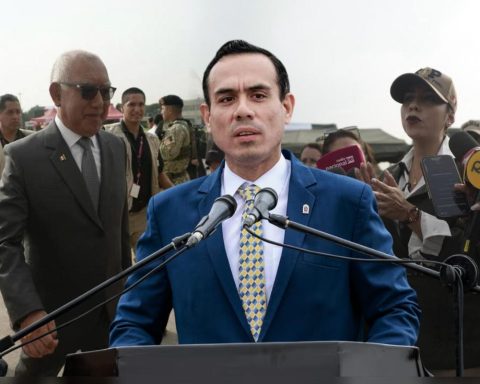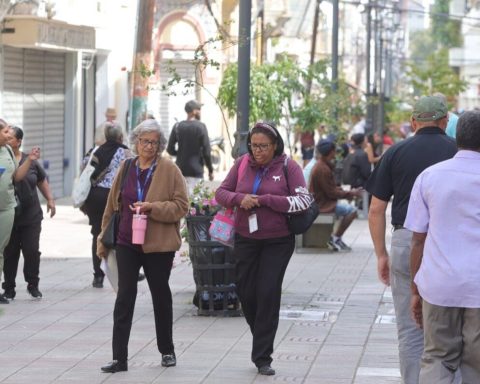In Tuesday’s midterm elections there were no surprises: Republican Governor Ron DeSantis won over his rival, Democrat Charlie Crist, also a former Republican governor of that state.
Crist holds more moderate views than DeSantis, whose controversial approaches to issues like immigration and COVID-19 have made him a potential candidate for the 2024 Republican presidential nomination.
Weeks before the election, DeSantis ordered the state to bring groups of immigrants from Texas to the exclusive liberal enclave of Martha’s Vineyard, a defiant gesture toward the federal government’s immigration policies on the southern border.
DeSantis said the move was a way to make immigration a “priority issue” ahead of the midterm elections; But his critics questioned the legality of the flights and accused his officials of lying to passengers.
Marco Rubio, meanwhile, won a third term by defeating Democrat Val Demings. The senator trailed behind in fundraising throughout his entire race and ran a campaign with few public events and only one debate. But it was enough to defeat Demings in a state that has been trending in the red.
In a historic reversal, registered Republicans in Florida outnumbered Democrats. Republican voters now outnumber Democrats by more than 300,000 in the state.
Demings’ decision to challenge Rubio gave a boost to a Florida Democratic Party struggling to nominate strong candidates. As a black woman and a former Orlando police chief, Demings countered Republican narratives that Democrats were soft on crime. She also proved to be a good fundraiser.
Rubio was one of the original co-sponsors of a 15-week national abortion ban, introduced by Sen. Lindsey Graham.
Rubio’s victory comes six years after his failed presidential campaign. He was first elected to the US Senate in 2010 in a race against Democrat Kendrick Meek and then-Governor Charlie Crist, who was running as an independent. Rubio won re-election in 2016 over Democrat Patrick Murphy.
















